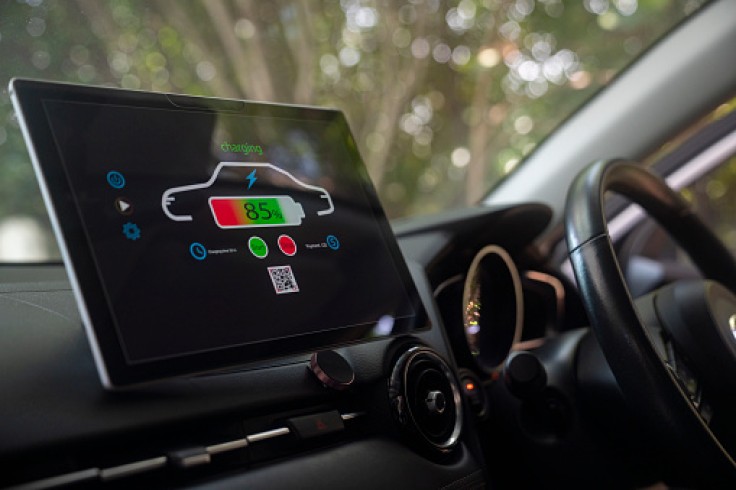Electric vehicles are the proposed solution to reducing carbon emissions from traffic. It uses renewable energy, which can cost far less than engine fuel. But, it's not completely eco-friendly. Like all electric devices, parts of it end up as e-waste, but Nissan found a way around that.

Power Source for Something Different
Nissan manufactured a lot of a particular EV before called Leaf. The Japanese carmaker created about 650,000, most of which had operational batteries even though the car itself reached the end of its lifespan. That leaves functional power sources that can still be used.
The company decided to take that opportunity, turning the old Leaf EV batteries into a portable power source that can be used for emergency power. It can be especially useful for dangerous disaster emergencies, as reported by Interesting Engineering.
Electrical and Computer Engineering Associate Professor, Balakumar Balasingam says that the batteries become useless to EVs once they reach a charge capacity of 80%, but that doesn't it cannot be used for other applications.
In order to effectively do that, Nissan partnered with JVC Kenwood Corporation, as well as the manufacturer of lithium-ion battery systems 4R Energy Corporation. Right now, the batteries are sold for $1,170 per unit, although it's currently only available in Japan.
Balasingam added that without the mentioned recycling solution, billions of EV battery packs will be made and then prematurely recycled in the next decade. That, in turn, will be a problem for sustainability, which is one of the selling points of EVs.
The Future of EV Manufacturing
A lot of car companies plan to manufacture EV vehicles exclusively, and by 2030, there will already be a significant increase in electric vehicles on the road. That means that a lot more EV batteries could end up as e-waste.
That is seen as a problem, especially since it takes a lot of rare earth elements to create the batteries. National Renewable Energy Laboratory expects the demand for graphite, lithium, cobalt, and other critical minerals to increase by 500% by 2050.
Head of Electric Vehicle Battery Solutions at Cox Automotive Mobility, Lea Malloy expressed that the "degradation of an EV battery pack is one of the biggest questions of the industry," adding that they should be recycled so they don't "end up where they don't belong."
Extending the life of the batteries can also reduce the need to mine the elements used to create EV batteries. As of right now, reusable batteries have a lifespan between five to 30 years, as reported by CNBC, which also depends on the kind of environment it is used in.
Like fossil fuels, the minerals needed to create EV batteries are limited, and given that they are rare, they might run out much faster. With that said, initiatives done by companies like Nissan are welcome, especially if the batteries and be cycled indefinitely.
The intentions for repurposing also matter, given that these batteries can be given to locations that have limited and little access to power. Recycled portable power sources can be distributed at a cheaper price compared to the ones that are newly manufactured for the same purpose.









